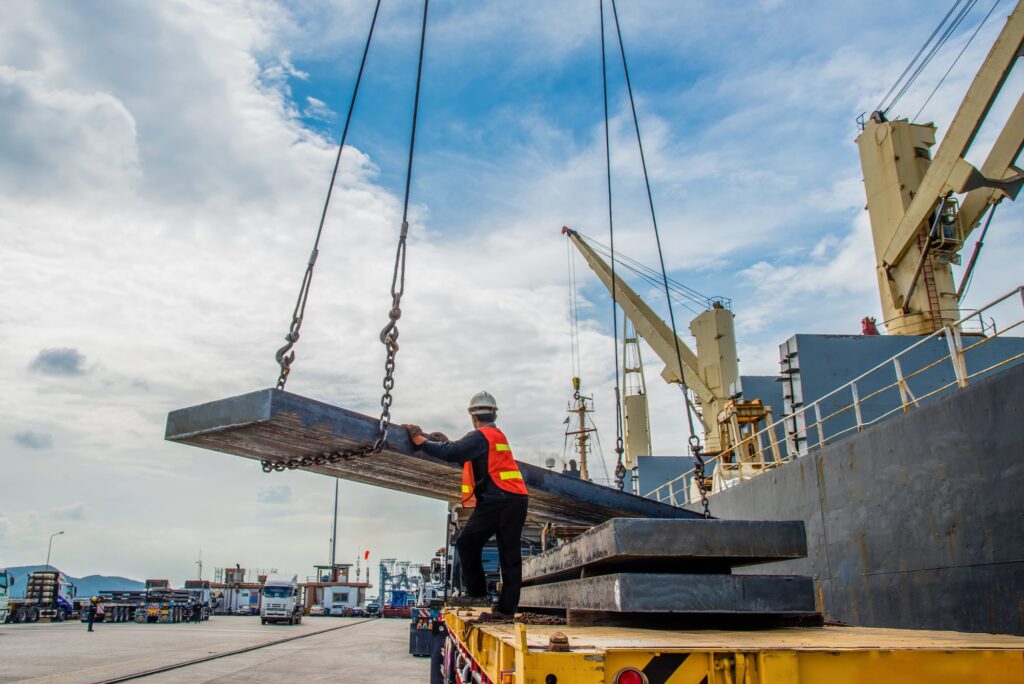search the site
China Tried To Stifle India’s Growth With Export Restrictions. Indian Traders Found A Hack

China has imposed export restrictions on essential minerals and machinery.
In its latest attempt to curb India’s industrial growth, China had imposed export restrictions on essential minerals and machinery — from gallium and germanium, critical for solar power and semiconductors, to tunnel-boring machines (TBMs) used in infrastructure projects like metro construction.
But while China has tried to strangle India’s supply chains, Indian importers have found an ingenious workaround: rerouting shipments through Dubai’s Jebel Ali port, effectively outsmarting Beijing’s restrictions.
In August 2023, China imposed tight controls on the export of gallium and germanium to countries including India, the US, and Japan.
These minerals are vital for India’s rapidly growing renewable energy sector, especially in the production of solar cells and modules.
China, the world’s largest supplier, has now cut off access to these crucial resources, jeopardizing India’s ability to meet its solar power production targets.
But instead of allowing their progress to be stifled, Indian importers have begun rerouting shipments of these minerals, along with essential machinery, through Dubai.
Capital goods are now imported into Dubai, where they are either sold or leased to Indian traders and companies, thus bypassing China’s direct export restrictions.
The process works like this: Dubai-based traders or companies lease or import machinery from China, then re-export them to India. This helps Indian companies avoid restrictions without violating international trade laws.
The system is not without its drawbacks, however.
The rerouting process has inflated project costs by as much as 10 per cent. What was once a 15-day shipping cycle is now stretching to three months, causing significant delays. Furthermore, additional costs arise due to logistics, warehousing, and financing, all of which strain the already tight budgets for strategic infrastructure projects.
The Chinese approach to these exports has also led to upfront payment demands and a lack of transparency regarding end-use, pushing up costs even further. Spare parts, often sourced through third-party intermediaries, add to the financial burden.
One notable example is Afcons Infrastructure Ltd, part of the Shapoorji Pallonji Group, which had to lease floating oil rigs from a Western country after Chinese suppliers refused to provide necessary equipment for an oil exploration project in the Andaman and Nicobar Islands. This led to a sharp increase in costs.
Despite these challenges, the rerouting strategy has allowed Indian businesses to keep critical projects running, from solar power infrastructure to metro systems.
But experts caution that this workaround is unsustainable in the long term. Relying on Dubai as a middleman is a temporary fix to China’s economic bullying.
Experts argue that India must focus on building domestic manufacturing capabilities for these vital components. Only then can India fully decouple its reliance on foreign suppliers, especially when China’s restrictions may continue to disrupt supply chains in the future.
source : swarajyamag


















